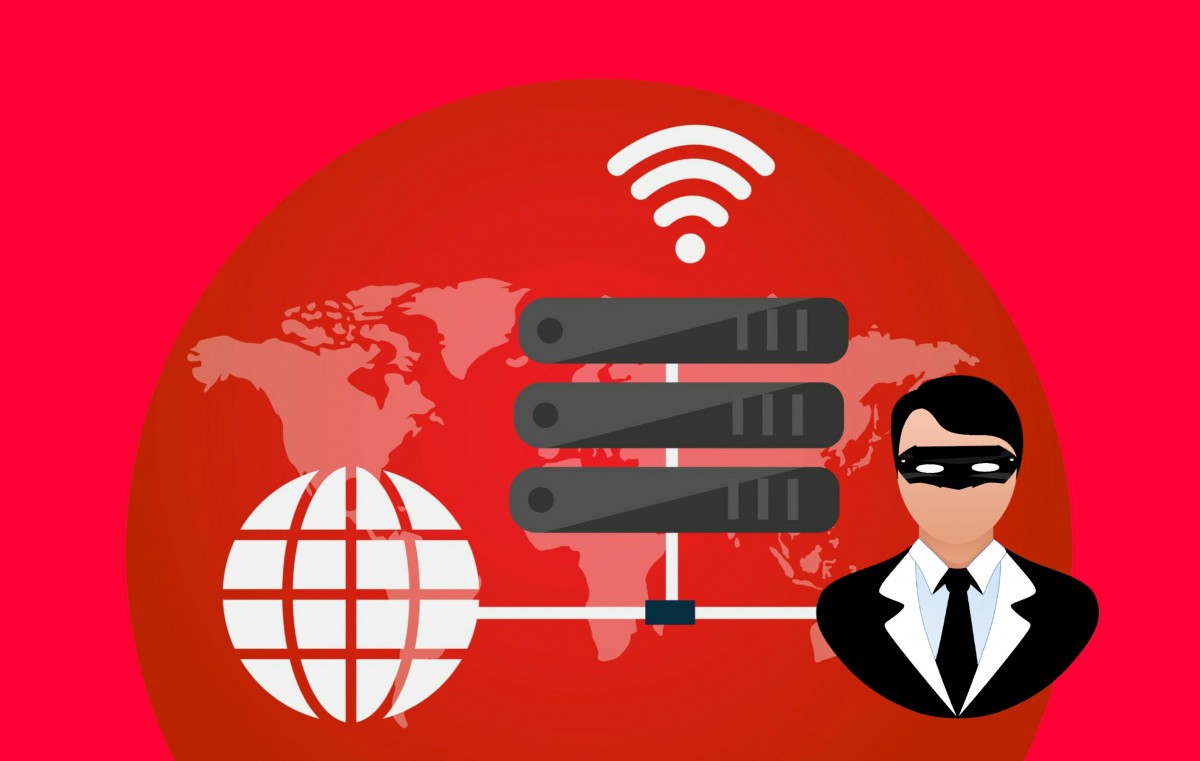The internet seems to have blurred lines between the virtual world and the real one. As technology continues to barrel into our hands through smartphones, most advertisers in most companies are looking to collect your data to help with their marketing strategies. This is good for their progress and productivity. However, it makes it easier for hackers and malicious internet users to misuse your data in case there is a data breach in that company or advertiser's agency.

This is why protecting your data and internet activity, your first line of defense. Learn about new cyber threats and stay updated about the necessary precautions to keep your data private and safe. Here are important ways to protect your data online.
1. Use a secure internet connection
When browsing online or surfing the internet, a malicious third-party can view your internet activity, particularly when your internet connection is not secure or encrypted. This can lead to unauthorized access to your personal information and expose you to cyber-attacks.
A reliable virtual private network, also known as VPN, can allow you to communicate over unsecured, unencrypted, or public networks safely and privately by establishing highly secure and encrypted connections. This service routes data or information coming from your device through servers in other locations and scrambles that information to make it unreadable to unauthorized third parties.
2. Use strong passcodes for your computer and other devices
If you accidentally leave your smartphone or tablet in a taxi or coffee shop, would the person who finds it be able to access the information on? Well, that's a scary imagination.
Losing your device is one thing, but granting the find the access to all forms of data, from social media accounts and email accounts to all personal data you may have stored on the device, could wreak havoc in your life. Using a strong passcode can help keep your accounts, apps, and personal information protected.
Remember, you should never use the same password for all your online accounts. Avoid using your first name, last name, date of birth, or other forms of information connected to you as a password for your account and devices.
3. Close unused accounts
Just think about all of the online accounts that you have been opening. How many are still open, and you never use them? If someone happened to access one of those accounts, wouldn't they have access to whatever personal data is tied to that specific account?
Think about your old email account and the number of past bank statements, travel information, and healthcare forms that might be stored in that account. Any document filed with personal information can lead to identity theft. This is why it is important to identify the online accounts that you never use and close them. Remember, the less personal data you have stored in online accounts, the better.
4. Keep your devices' OS up to date
Most people call the operating system updates a 'hindrance.' While these updates are time-consuming and sometimes annoying, they are very important. They ensure optimal functionality of your devices, provide security features for critical security updates, and ensure a higher level of device security. These are the reasons to make it a point to update your devices regularly.
5. Watch out for Bluetooth vulnerability
Generally, Bluetooth tech offers incredible convenience. However, it opens doors for various security weaknesses.
Ensure your Bluetooth is off whenever you're not using it. Most people will choose to put the Bluetooth activity in undetectable mode or invisible mode. Keep in mind that malicious apps can help change that mood and expose your mobile device to cyber threats. This is one more reason to keep your device Bluetooth off whenever you're not using it.
Summary
Sure, there is no absolutely foolproof protection method. But there is plenty of precautions that you can take to keep your information safe. Implement the tips discussed in this article to keep your data safe every time you surf the internet.
Add new comment